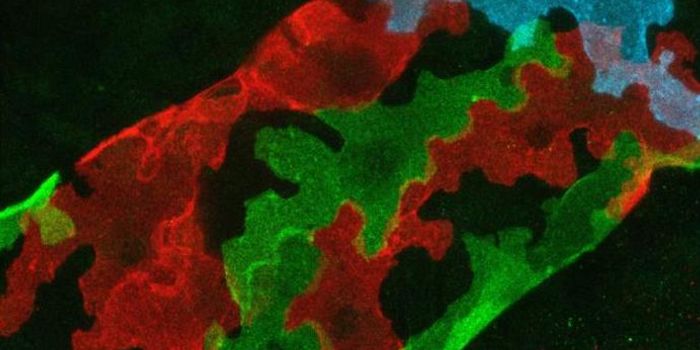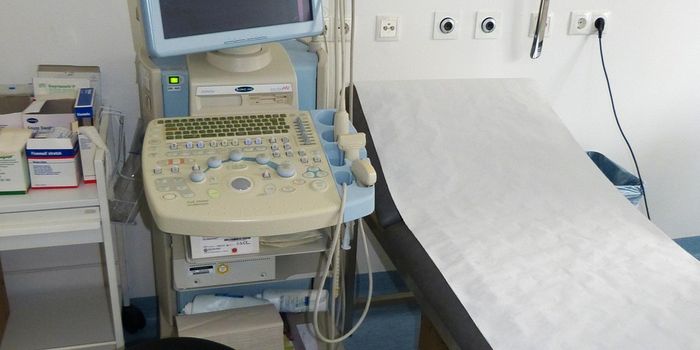A Molecule From the Gut Microbiome May Fight Tumors
The more we learn abut the gut microbiome, the more it seems that the microorganisms in our gastrointestinal tracts can affect almost every aspect of our health and well-being. Research has shown that imbalances in the gut microbiome are generally associated with disease, gut microbes can metabolize medicines we ingest, and they can influence the efficacy of chemotherapy and the development of some types of cancer. Now scientists have shown that molecules generated by bacteria in the gut can influence how immune cells attack cancer, and how well anti-tumor therapies work. The findings have been reported in Nature Communications.
When gut microbes metabolize food we eat, one type of molecules that they produce are called short chain fatty acids (SCFAs), which can increase the metabolic activity of immune T cells, and disrupt enzymes that control the expression of genes in T cells. Bacterial SCFAs thus seem to induce epigenetic changes in T cells, promoting their anti-cancer actions.
This research has suggested that the bacterium Megasphaera massiliensis generates the SCFA pentanoate, which encourages the activity of immune cells that attack cancer.
"We were able to show that the short-chain fatty acids butyrate and, in particular, pentanoate are able to increase the cytotoxic activity of CD8 T cells," said first study author Dr. Maik Luu, a postdoctoral researcher the University Hospital of Würzburg. CD8 T cells are also known as killer T cells, and they can target and destroy harmful microbes and tumor cells.
If T cells that target tumors were exposed to SCFAs called pentanoate and butyrate, the cells' anti-tumor activity was increased. "When short-chain fatty acids reprogram CD8 T cells, one of the results is increased production of pro-inflammatory and cytotoxic molecules," Luu explained.
CAR T cells identify cancer cells specifically and destroy them, and the SCFAs boosted their activity. This work may help improve the efficacy of CAR T cell therapy; adding SCFAs to CAR T cell cultures before they are given to patients might be beneficial.
"The results are an example of how metabolites of intestinal bacteria can change the metabolism and gene regulation of our cells and thus positively influence the efficiency of tumor therapies," said Luu.
More work will be needed before this research can be put into practice, however, The scientists want to see if the results hold true for other types of solid tumors as well.
Sources: AAAS/Eurekalert! via University of Würzburg, Nature Communications









